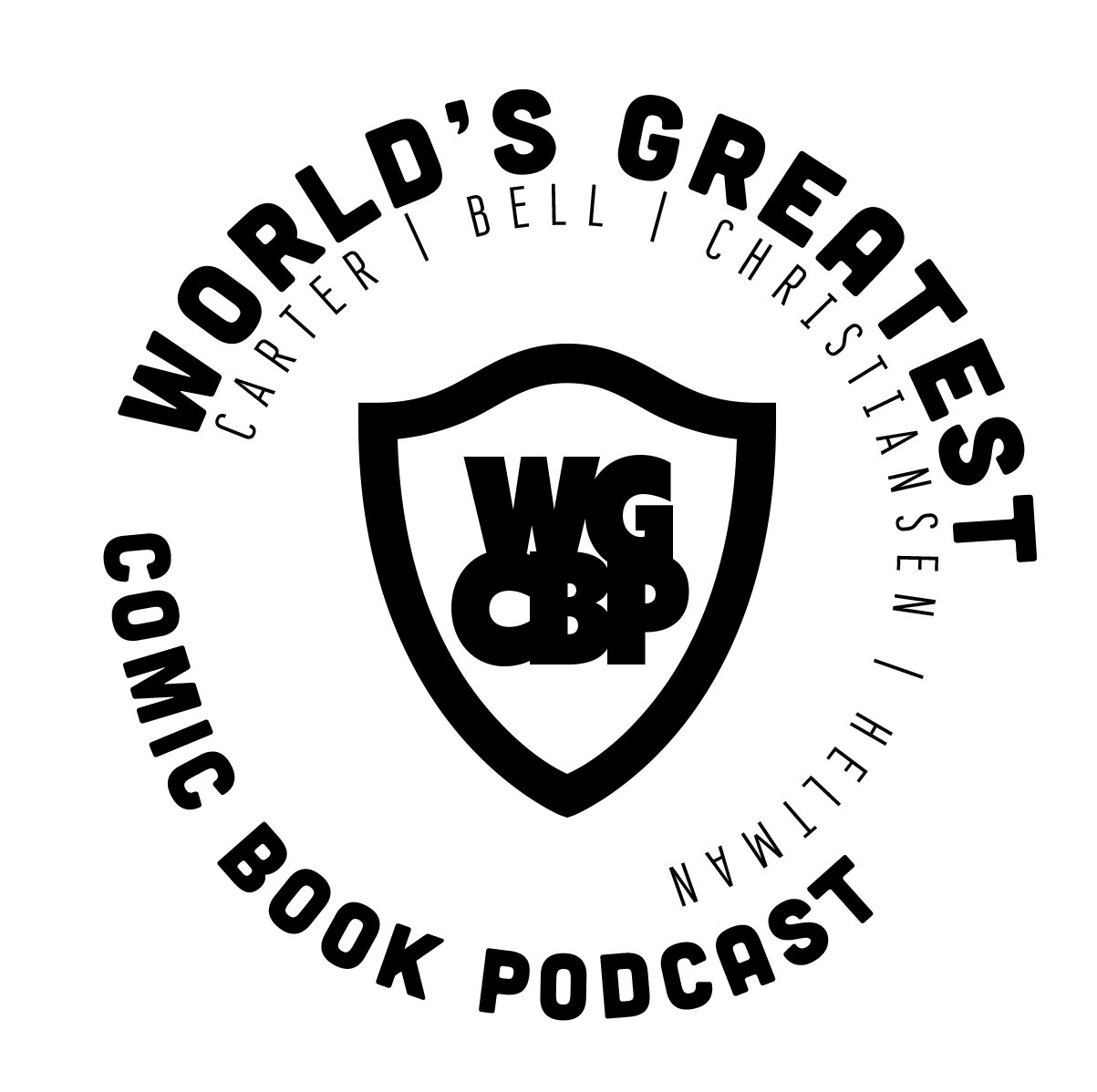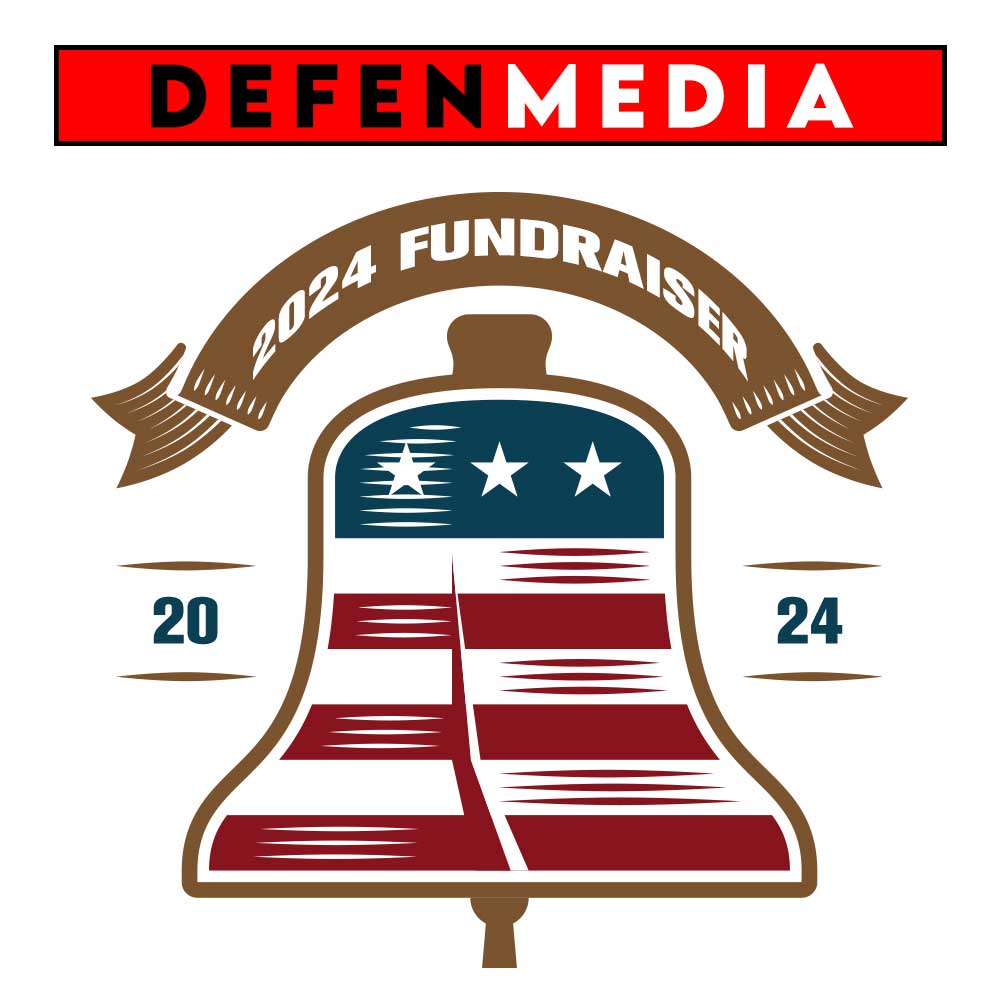Dear Bill,
Your recent editorial regarding comic books and comic book fans once again shows a misunderstanding you have with this art form. I am not using that term lightly, I do consider comic books an art form in the same vein I consider great literature, great paintings, great sculpture, great cinema, and great theatre all art forms. Of course, it’s clear that you do not share this opinion, which is fine. You are welcome to your opinion, but I would like to respond to some of your specific points.
First, you didn’t say this, but your producers put down a tag on the image of Stan Lee that said, “Goodbye, Mr. Strips.” While a funny play on “Goodbye, Mr. Chips,” the joke does indicate that Stan Lee was predominantly a comic strip writer, and although he did write the Spider-Man newspaper comic strip for many years, unlike comic strip creators like Charles Shultz or Gary Trudeau, Stan Lee worked beyond the traditional 4-panel structure of the newspaper strip and worked in long-form story-telling as well. Just like telling a joke is different from a stand-up routine, and a stand-up routine is different from hosting a talk show. Yes, there are elements of the first all of them, but there’s a lot more that goes into the longer forms. It’s like eulogizing you by saying: “Bill Maher can no longer knock-knock.”
When a fan pointed out that they had learned about social injustice and racial tolerance from reading comic books, you then ordered them to read James Baldwin, Toni Morrison, or Michael Eric Dyson. Great choices, can we also include in that list their contemporaries: Ta-Nehisi Coates, Eve Ewing, and John Lewis? All of whom are currently writing comic books, with Coates and Ewing writing about social injustice and racial tolerance at Marvel Comics.
You said comic book movies aren’t great cinema, and although your joke about glowy things was funny (and accurate), you’re probably not aware that acclaimed films like “Road to Perdition,” “Blue is the Warmest Color,” “Whiteout,” David Cronenberg’s “A History of Violence,” and Stephen Frears’ “Tamara Drewe” were all originally comic books. But maybe you can only relate comic book movies to superheroes, so never mind that “Black Panther” has been nominated for a best picture Oscar. I guess since the Academy of Motion Picture Arts and Sciences didn’t nominate “Religulous,” they must not know great cinema in your eyes.
You said that the Stan Lee’s estate was wrong when they said such literary giants like Dickens, Melville, and Shakespeare were not considered great literature in their time, and then went on to compare Shakespeare to comic books. As someone who had a double-major in History and English at Cornell, you shouldn’t need to be reminded that during Shakespeare’s time, theatre was considered the lowest form of entertainment, and despite his few command performances for Queen Elizabeth and King James, Shakespeare wasn’t considered to be in the same literary circles as his contemporaries like Sir Francis Bacon until well after his death. I can say similar things about Dickens and Melville, but since you quoted Shakespeare, I figured it was enough to say: “to thine own self be true.”
Finally, your main argument seems to be “If you like the same things you liked at ten, you need to grow up.” I liked watching NFL football when I was ten. Does that mean I can’t appreciate the game as an adult? I enjoyed reading Treasure Island when I was ten. Does that mean the book doesn’t have something to offer me as an adult?
Perhaps you could consider that despite their fantastical nature, comic books can offer nuances a person didn’t catch in their childhood. You could also consider that comic books, like any commercial entertainment medium, has to change, grow with its audience, and offer more options for growing sophistication, or be left behind. It’s not all about tights and capes, but were it not for pioneers like Stan Lee, who tried to give his characters real-life problems; Robert Crumb, who showed us comic books could be both subversive and informative regarding our culture; or Harvey Pekar who used the medium to tell his own, ordinary life story; that’s possibly all it would have been.
Of course, there are many things that I used to like when I was ten, twenty, thirty or even forty that I don’t like now, because they are permanently trapped in their time and place, and cannot grow with me. Old television shows that were great for their time, but when I re-watch them, I can see that they have a clear bias against certain groups; Movies that were entertaining for the minute, don’t hold up to my older, more experienced tastes; and comedians who haven’t changed their act in 30 years.
In fact, you pointed out the Millennial meme of #Adulting and blamed it on people who won’t stop liking things from their childhood. So I guess the hashtag for the meme about an old man who doesn’t think anything changes, should be #Stagnating.
Yours,
JC Carter









